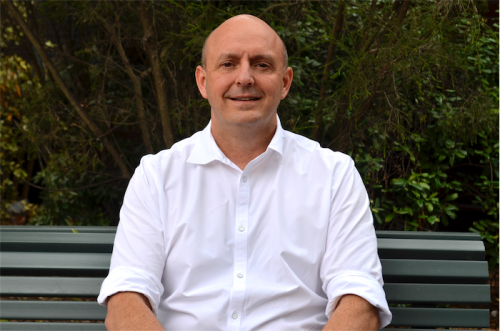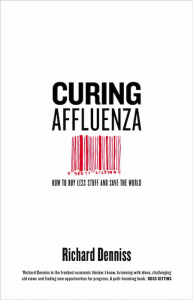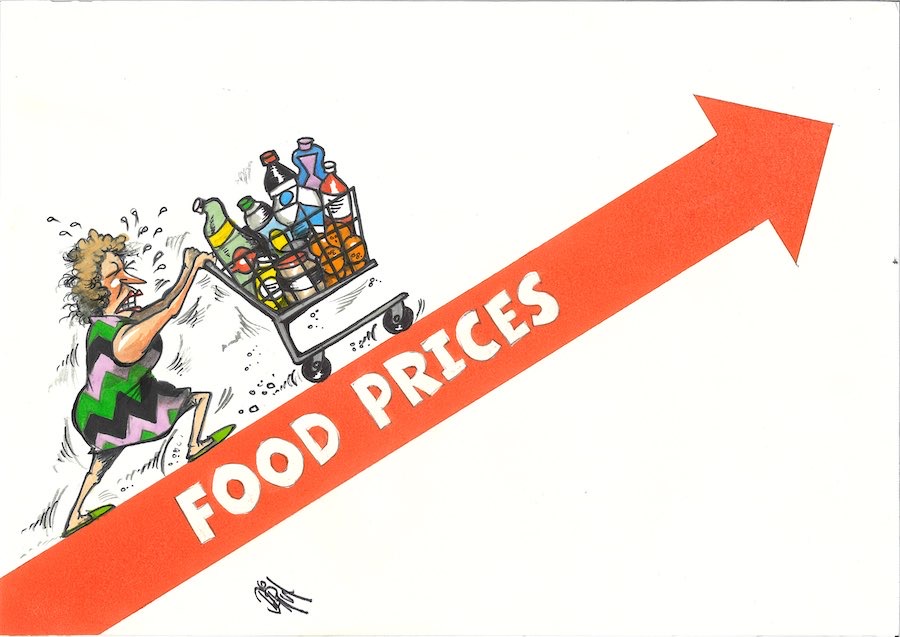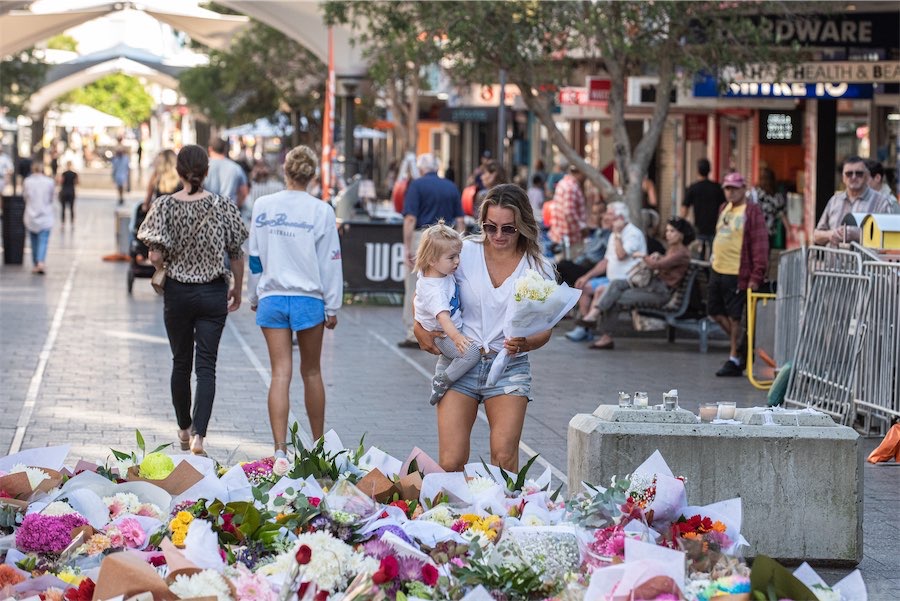
BEFORE racing out to buy a new imported “thing” to give as a Christmas present, chief economist at The Australia Institute, Richard Denniss, asks people to step back and reconsider it.
Does the person need new things or would an experience be more exciting and thoughtful?
Richard, of Watson, 47, says this strange desire to spend money people don’t have, to buy things they don’t need, to impress people they don’t know is called “affluenza”.
And, in his new book “Curing Affluenza: How to buy less stuff and save the world”, Richard explains how in the last decade Australians have been trained to think that replacing their phone or shoes is not only a good idea but good for the economy.
But, is it really?
“In the lead up to Christmas we import an enormous amount of crap because we’re told the more we do the richer our economy is,” Richard says.
“What it really does is boost part of the economy. While there’s no doubt that Christmas is great for the shops that sell things we don’t need, that doesn’t mean it helps the economy, it just changes it.
“Every $1000 we spend on imported stuff is $1000 not spent on labour-intensive, Australian businesses such as restaurants.”
There’s more jobs in the service sector than in the imported stuff, so Richard asks why people don’t spend the $1000 on a local personal trainer rather than an imported exercise bike, which probably won’t be used.
If money is spent on services rather than imported “stuff”, Richard says Australia would reshape its economy and create more jobs, similarly, if a majority of people spent more on second-hand goods, or had stuff repaired.
“While we’re told that we as individuals or we as a community can’t shape our economy, the fact is we already have,” he says.
“I never had breakfast in a cafe until I was about 24, but now, because millions of people eat in cafes daily, cafes employ more people than the mining industry did.
 “We invented it, the desire for someone to cook eggs for millions of people, and it has radically shaped our economy.”
“We invented it, the desire for someone to cook eggs for millions of people, and it has radically shaped our economy.”
Another example Richard uses is grass, and says growing grass wasn’t a thing before World War II.
“Our culture has an enormous impact on what choices we think are acceptable,” he says.
“Our culture tells us that growing grass is a fun thing to do even though the rest of the world (excluding America) doesn’t have a lawn.
“Once upon a time we didn’t spend $10 on a bottle of water but when everyone’s doing it, it doesn’t seem crazy anymore.”
The premise of the book isn’t that buying things is bad, but what Richard is saying is people need to learn how to care for and love things.
“Imagine if you bought a puppy and you loved it, and it was the cutest puppy in the world. Then later, a newer, cuter, designer puppy came out. Would you throw it out?” he says.
“Most people wouldn’t, so why buy stuff that you know you won’t love, or someone else won’t love?”
Instead, Richard challenges people to step back and ask: “Who am I buying for and what would make them feel special?”
“It might be baking them a cake. It might be offering to babysit or clean. It might be giving them your favourite recipe. Who knows?” he says.
“But the idea that a purchased object signals love and generosity is as weird as it is new.
“Giving gifts is culturally important. All cultures give gifts. But the issue is what kind of gifts we think are thoughtful and appropriate.”
“Curing Affluenza”, $27.99 (paperback) or $11.99 (eBook) at blackincbooks.com.au/books/curing-affluenza
Who can be trusted?
In a world of spin and confusion, there’s never been a more important time to support independent journalism in Canberra.
If you trust our work online and want to enforce the power of independent voices, I invite you to make a small contribution.
Every dollar of support is invested back into our journalism to help keep citynews.com.au strong and free.
Thank you,
Ian Meikle, editor





Leave a Reply